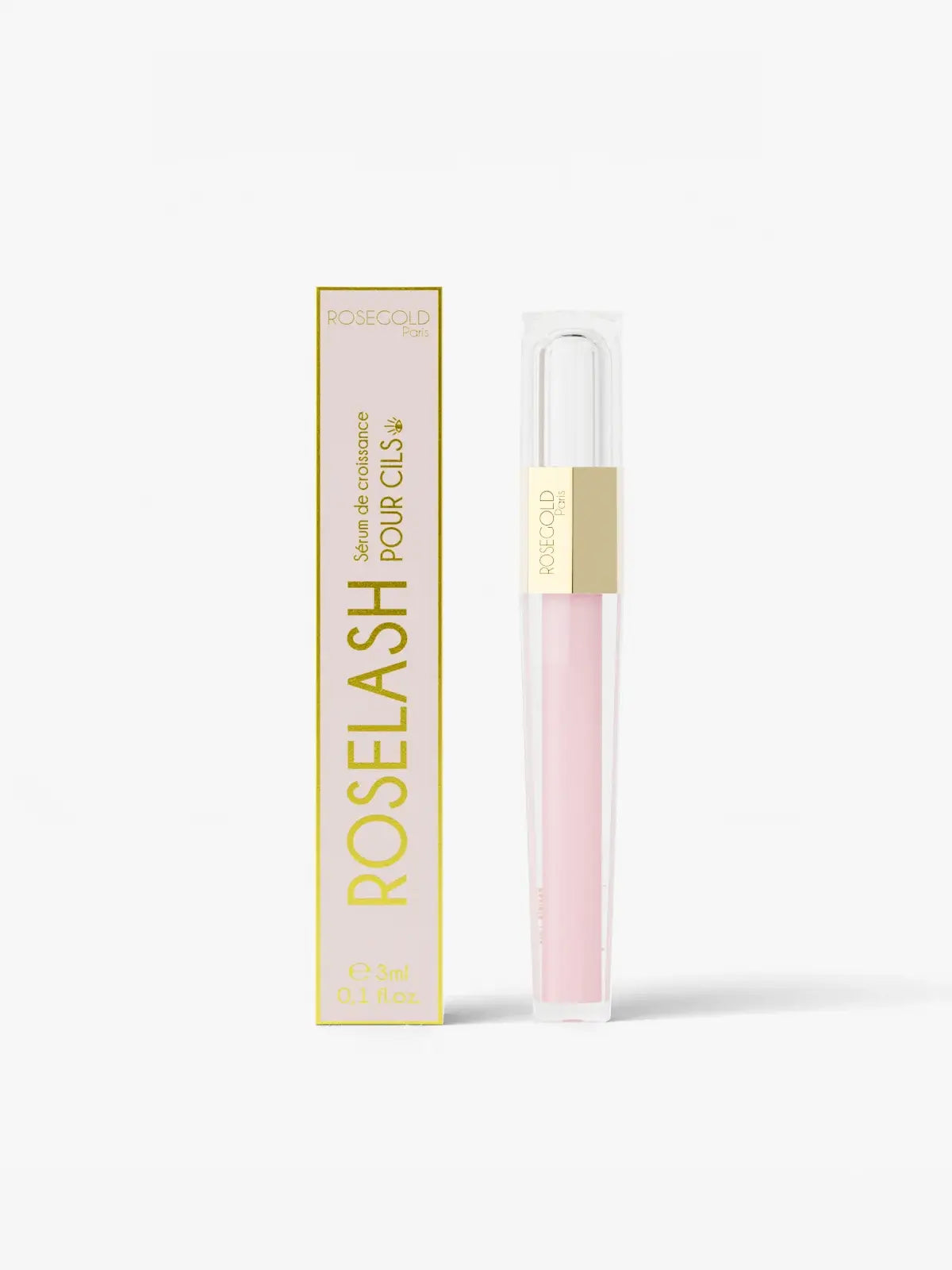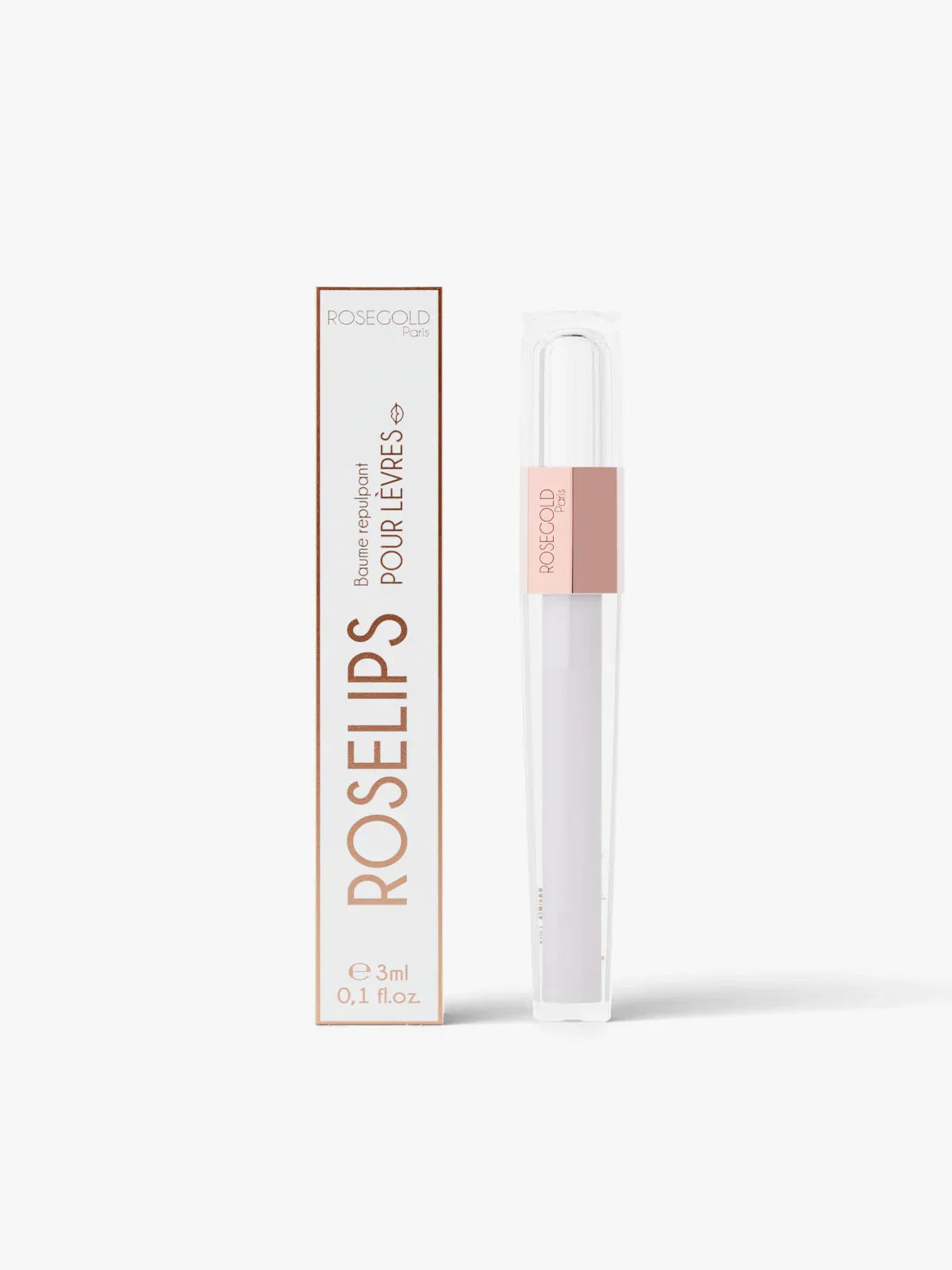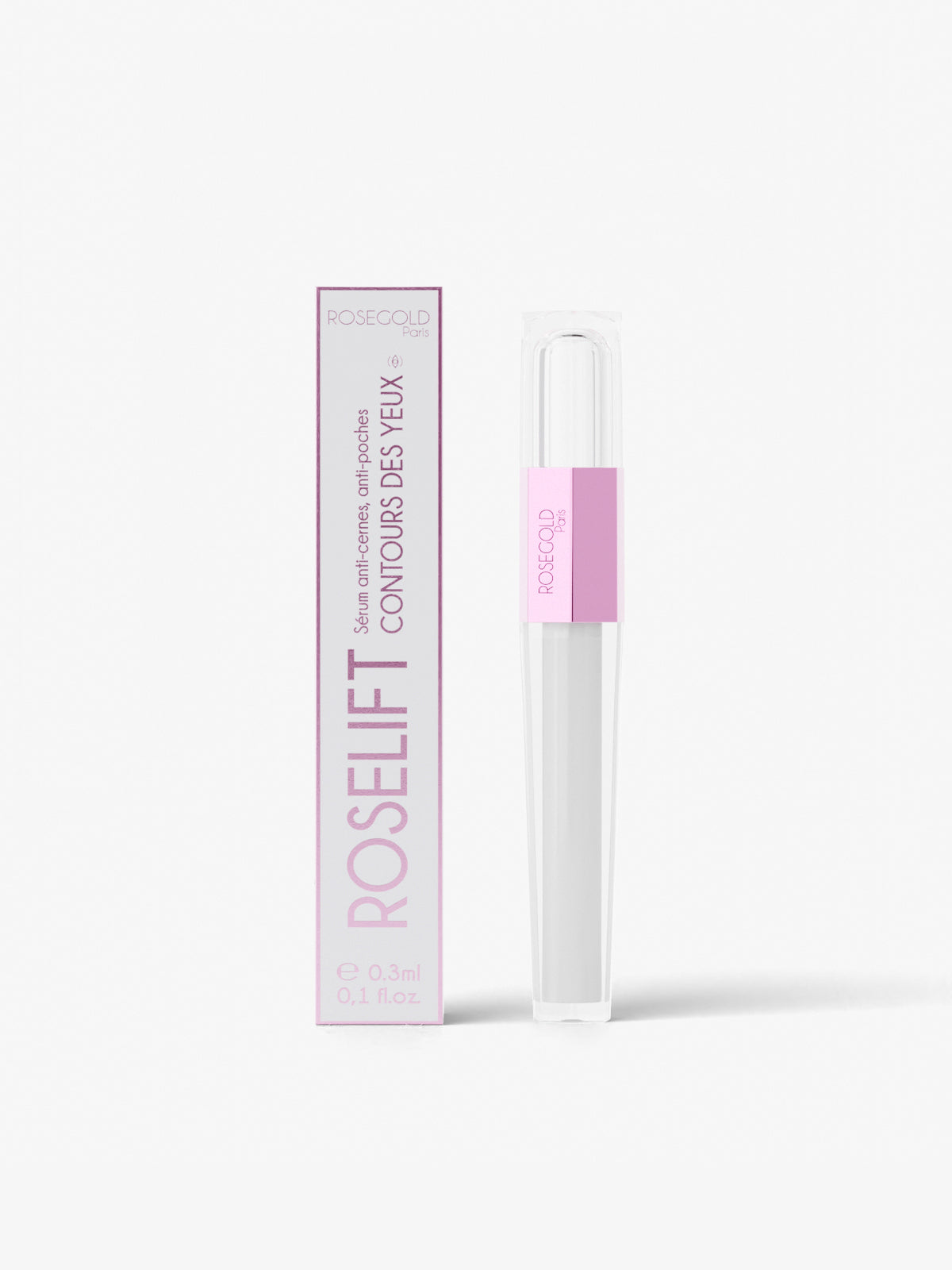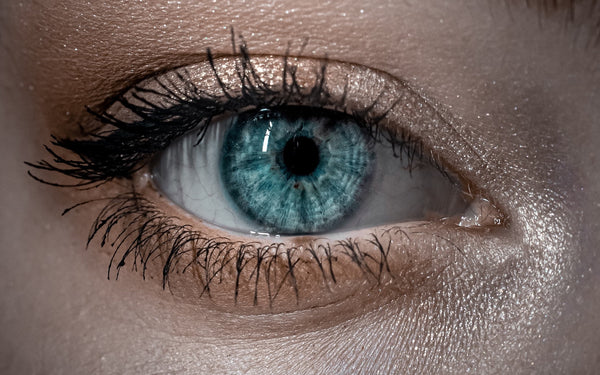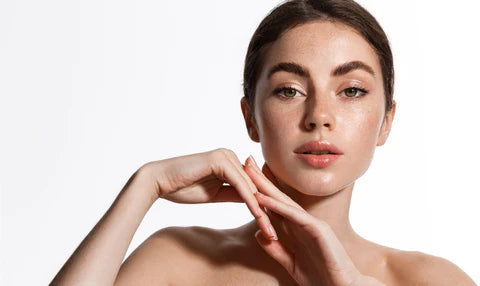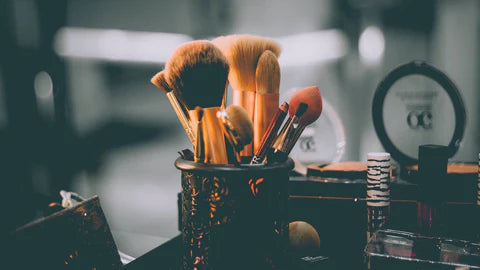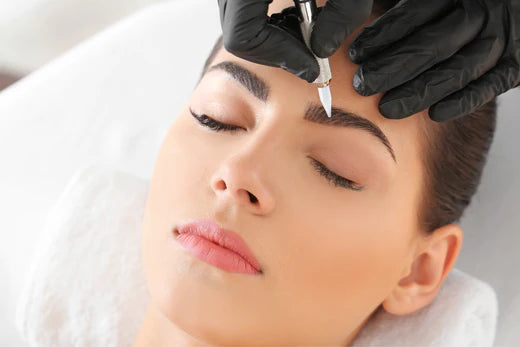La biotine est reconnue pour son rôle dans la santé des tissus et sa grande contribution au maintien d'une belle peau, de cheveux brillants et d'ongles forts. Pourquoi et comment profiter au maximum de cette vitamine pour sa beauté ? On vous dit tout.
The dietary supplement craze is in full swing, and in the midst of this general euphoria, it's not uncommon to see or hear names and words that we don't quite understand... like the term Biotin, for example. This word is often found on the packaging of dietary supplements, but also on cosmetic care products for hair, nails and sometimes skin. But do we really understand it? We take a closer look at the term and its benefits.

What exactly is biotin?
Etymologically speaking, the word biotin contains the prefix bio, derived from the Greek word biotos, meaning life. So the tone is set! Biotin is a water-soluble vitamin, meaning that the body does not store or produce it in sufficient quantities, so regular external intake is required. It belongs to the B vitamin group, and is also known as vitamin H or vitamin B8. It plays an important role in the proper functioning of our organism, as it has the power to act at the level of the cell nucleus to regulate gene activity...
Basically, it helps the body transform the food we eat into nutrients and energy, both essential for a healthy life. In addition, it regulates blood sugar levels, keeps the nervous system in good working order, prevents rashes (for beautiful skin), promises strong nails, stimulates hair regrowth while promoting hair growth and blocking hair loss, for a healthy mane. As you can see, biotin (vitamin B8) is essential in so many ways that we can trust it to take care of our health and beauty.
What are the benefits of biotin for our hair?
Biotin is widely recommended for hair care. Why is it so important? It's simple: by enabling the body to assimilate the right nutrients, it promotes the good health of the hair fiber! In concrete terms, with a sufficient intake of biotin, you're sure to have hair that's shiny, strong, supple, growing quickly and not prone to falling out. You may not be aware of it, but biotin, or vitamin B8, is quite common in our diet. So we consume it regularly, without even realizing it! To keep your hair looking beautiful, remember to include these biotin-rich foods in your diet.
Foods of plant or animal origin containing biotin:
- Dry yeast
- the liver
- the kidney
- egg yolk
- Mushrooms
- beans
- lentils
- salmon
- banana
- sweet potatoes, oats, almonds...
Generally speaking, a balanced diet enables the body to assimilate enough of it, but it is not forbidden to supplement this intake by taking food supplements or using cosmetic products that contain it.
Vitamin H or B8 is also excellent for caring for brittle nails and making them stronger! It is also recommended for beautiful skin, as it prevents imperfections. In these cases, taking a dietary supplement can be accompanied by a beauty routine that includes biotin-based skin care products!
How much biotin can you really take?
When it comes to quantity and biotin, the figures are not really established. There's very little talk of biotin deficiency in adults, as it's easily found in our general diet (see list of foods containing biotin above). However, if we want to quantify it exactly, the Institut de Recherche Du Bien-Être de la Médecine et du Sport recommends a daily intake of 50 to 60 micrograms for adults and the elderly.

If you choose to take biotin in the form of a dietary supplement cure (capsule, powder or gummies), simply follow the dosage instructions on the box, and read the recommendations carefully. Be aware that some dietary supplement cures require you to adapt your lifestyle. As far as cosmetic treatments are concerned, biotin is not ingested, so morning and evening use is sufficient.
Can biotin be combined with other nutrients for healthy hair?
For even greater effectiveness, biotin can be coupled with a variety of other nutrients. Particularly when you decide to take it for the good of your hair. You can easily combine biotin with silica (bamboo extract), which protects against oxidative stress, marine collagen, vitamin D, which stimulates the hair follicle, zinc (essential for hair fiber fortification), selenium and vitamin C. It's not uncommon to find dietary supplements that include most of these nutrients in a single formula.
Biotin in cosmetics
Although Biotin is widely represented in the composition of dietary supplements, it is also very much in evidence in cosmetic care products (serums, shampoos, masks, etc.), and all the better for it. At ROSEGOLD, for example, vitamin H is used in the eyelash beauty serum , as well as in the ROSEHAIR serum, which cares for the scalp and boosts hair growth.

The presence of this vitamin in the natural formula of these skin care products enables the body to assimilate the other active ingredients in their composition. Biotin also boosts the hair growth and regrowth effect that characterizes both serums. This means convincing results from the very first month of use! For long-lasting effects, we recommend using these serums as a course of treatment, for up to six months, morning and night.
Biotin and contraindications: what do you need to know?
If you choose to take biotin as a dietary supplement, you should be aware that this requires a few adjustments. For example, biotin is not absorbed if the body consumes alcohol! It's also worth bearing in mind the possibility of side-effects. As with all things, before starting a course of treatment (external or internal), check that you're not suffering from any allergies! There's no real proof that taking Biotin in large quantities is harmful to your health, but it's always best to follow the recommended dosage and be on your guard when starting a new course of treatment.
